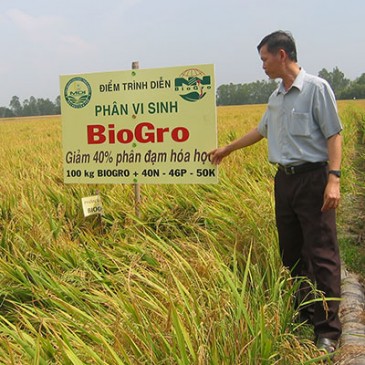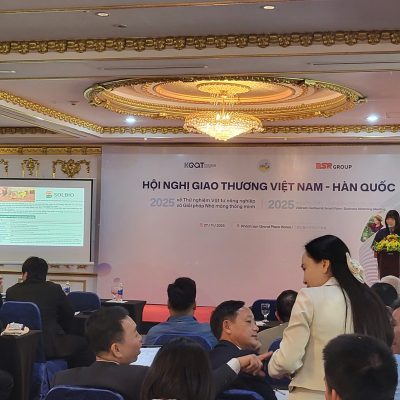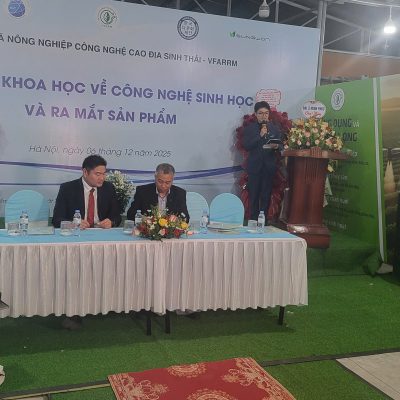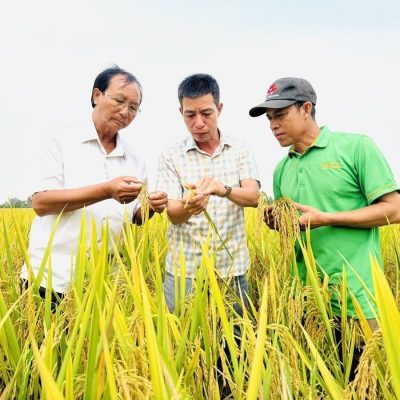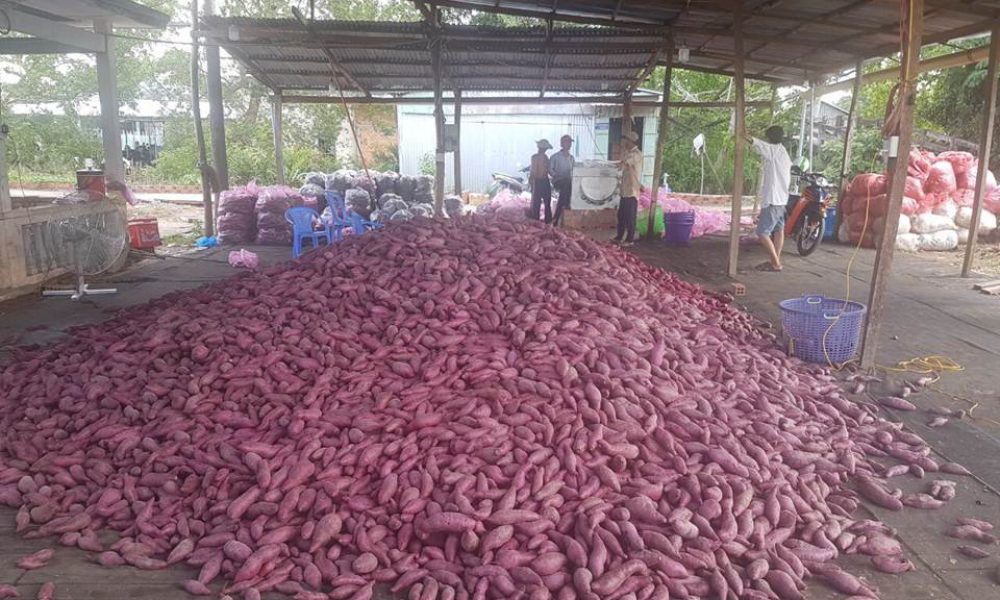

The positive effects of organic agriculture to the environment and society
Although organic agriculture is often considered a sustainable form and is encouraged to develop, There are still different opinions about its effectiveness in policies and science. For a more comprehensive and accurate view, A team has summarized and analyzed existing scientific documents.
 A more synthesis 500 Scientific research - called general analysis - has evaluated the potential of organic agriculture. The results showed, in many aspects, Organic agriculture has a more positive impact on the environment compared to other farming methods.
A more synthesis 500 Scientific research - called general analysis - has evaluated the potential of organic agriculture. The results showed, in many aspects, Organic agriculture has a more positive impact on the environment compared to other farming methods.
Research focuses on the fields: Water source protection, The fertility of the soil, biodiversity, Adapt and minimize climate change, The efficiency of using animal resources and welfare. The authors have evaluated 528 research, compare 33 The criteria between organic farms and usual. The results are published in the International Journal of Organic Agriculture. On this occasion, Mr. Jürn Sanders, The main author and the Chairman of the FIBL Board of Directors, Also share more via FIBL's new podcast (German).
More earthworms and biodiversity – But it is not clear about phosphorus content
Research shows that organic agriculture has great potential in protecting groundwater and water surface. Do not use synthetic chemical pesticides, Water pollution is significantly reduced. The amount of nitrogen emissions also decreased average 28%.
Land, Organic agriculture helps improve fertility. The average earthworm increases 78%, Volume of worms increased 94%. In 62% case, Organic cultivation soil has lower acidification levels. However, There is no clear trend of phosphorus content available for plants.
Organic agriculture also helps increase biodiversity: The number of species increased 95%, Field birds increase 35%, Increasing pollination insects 23%.
The impact on the climate is still unknown, But more resource saving
Organic agriculture helps reduce greenhouse gas emissions - average reduction 1.082 Kg Co₂ is equivalent to each hectare each year - thanks to better carbon storage and reducing nitrogen emissions. However, Due to lower productivity, The effectiveness of climate protection on output is not superior to conventional agriculture.
Research also shows that organic cultivation helps prevent erosion and reduces the risk of flooding: The humus content increases 26%, The stability of the soil structure increases 15%, and higher water permeability 137%.
About using resources, Organic agriculture is more effective: Effective use of increased protein 12% and energy efficiency increases 19% Compared to conventional agriculture.
Animal welfare depends more on the management than the cultivation method
About animal welfare, There is no clear conclusion. In 46% Comparative case, There is no difference between organic farming and normally. 35% Research shows better organic, while 19% Show usual advantages. Pet health has no big difference, The management factor seems more important than the farming method.
Implementation unit
In addition to FIBL, Research also has the participation of many prestigious research institutes in Germany: Thünen Institute, Kassel University, Bavaria Agricultural Research Center, Justus Liebig Giessen University, Leibniz Agricultural Landscape Research Center, Munich Technical University and Dresden Applied Research Center. The project is organized by the Ministry of Agriculture and Food German (BMEL) sponsor.
More reference:
Publication: Benefits of organic agriculture for environment and animal welfare in temperate climates, Organic Agriculture (2025) - English: https://rdcu.be/ec0mu
Podcast (German): “What are the benefits of organic food?”:https://www.fibl.org/de/infothek/meldung/podcast-was-bringt-bio-blick-in-ueber-500-studien
Theo nongnghiephuuco.vn

